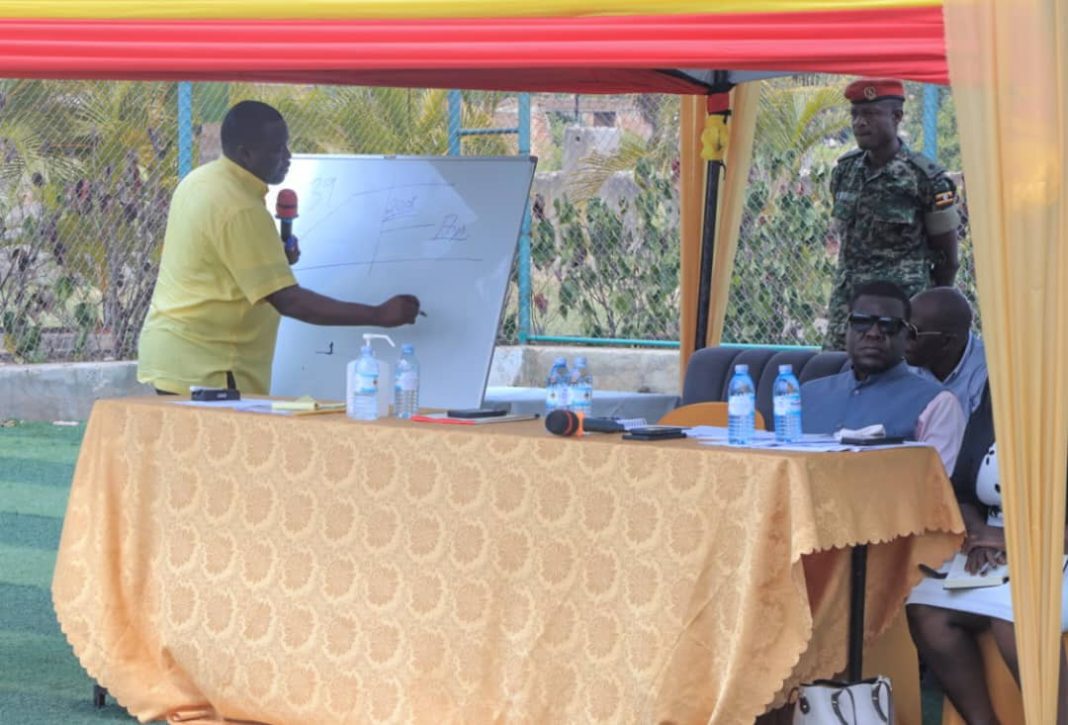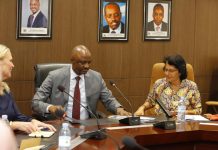The NRM Secretary General, Rt. Hon. Richard Todwong, urged leaders to continuously seek wisdom and guidance in their leadership roles to ensure effective representation and efficient service delivery.
While addressing Gulu City leaders at O3 Lounge, Todwong encouraged them to prioritize personal development and align their efforts with the four factors of production to foster progress in their communities.
“As a leader, self-awareness is crucial. Have you taken the time to understand yourself? Are you confident that you are in the right position? Do you believe in your capabilities?” Todwong challenged.
He emphasized the importance of continuous learning and skill enhancement, noting that leadership is not just about directing others but also about self-improvement to serve people more effectively.
The Secretary-General also urged leaders to familiarize themselves with the four factors of production—land, labor, capital, and entrepreneurship—highlighting their significance in driving socio-economic development and realizing the aspirations of the NRM manifesto and national growth strategies.
“Leadership revolves around these four pillars. As leaders, you must grasp how to leverage land, labor, capital, and entrepreneurship to generate opportunities and uplift the livelihoods of your communities,” he remarked.
He cited the success of government initiatives such as the Parish Development Model (PDM), which has transformed crops like sweet potatoes and soybeans into commercially viable products, as a demonstration of how these factors can be utilized for economic advancement.
Todwong also cautioned against the “NGO Mentality,” where some communities depend on aid and handouts instead of striving to improve their household incomes.
“We carried the dependency mindset from camps back to our homes. It is your duty as leaders to shift this perspective and empower your people to be self-sufficient,” he stressed.
Additionally, he encouraged councillors to collaborate with technocrats and other stakeholders to promote good governance. He underscored that leadership is a collective responsibility that thrives on shared knowledge, strategic planning, and accountability.
“Your contribution today should pave the way for a better society for future generations. Governance is a long-term process, and the efforts you put in now will shape the future of Gulu City and Uganda as a whole,” Todwong concluded.























